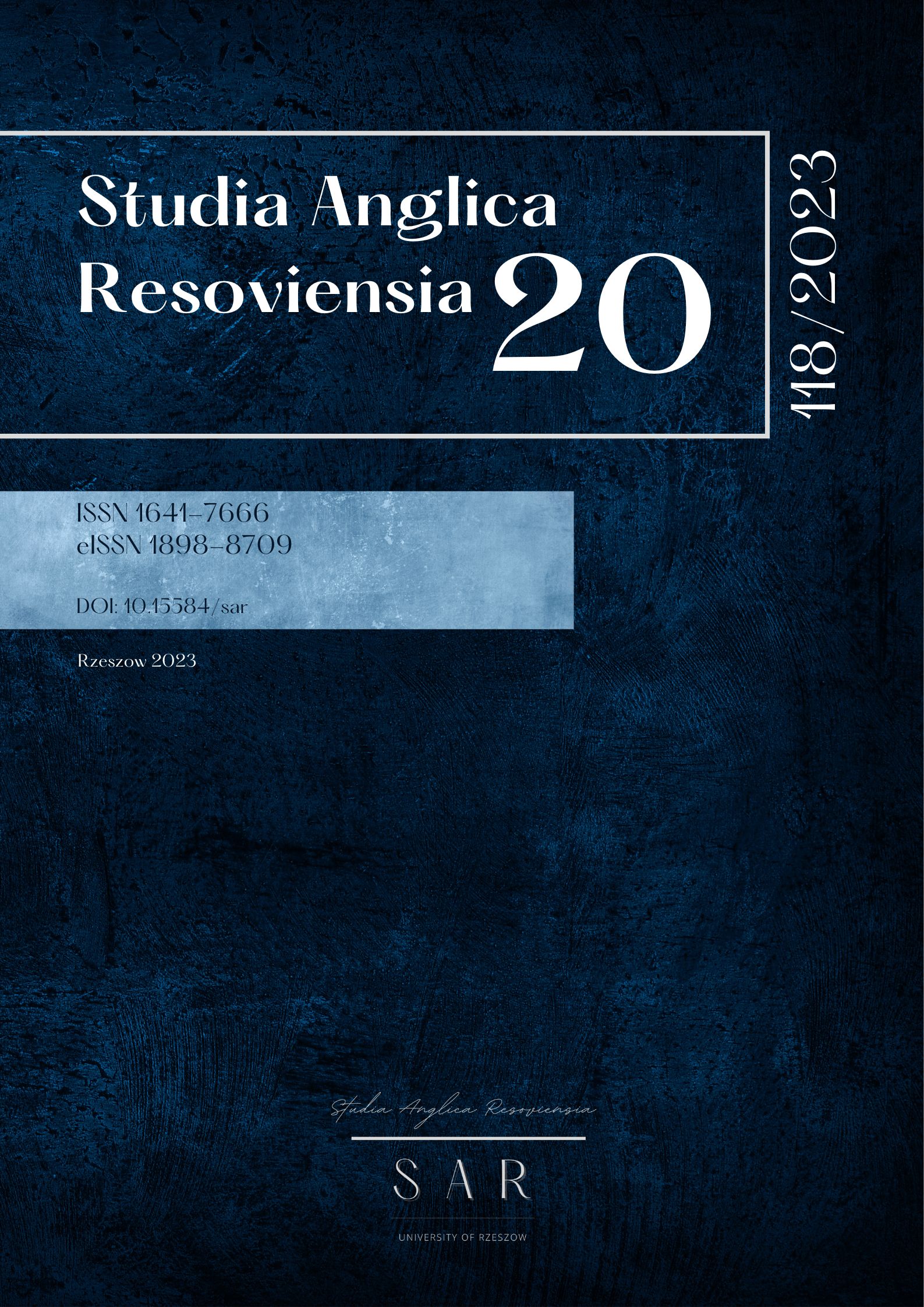Exploring the perception of politeness in relation to language attrition and interpersonal dynamics in an intercultural academic context
DOI:
https://doi.org/10.15584/sar.2023.20.2Keywords:
second language attrition, perception of politeness, linguistic choices, English as a Lingua Franca in Academic Settings (ELFA)Abstract
The present paper explores the intricacies of the perception of international doctoral students of politeness, linguistic choices, and language attrition, and their subsequent influence on intercultural academic relationships. The findings of this study provide an insight on the interplay between the perception of politeness and linguistic choices, a paramount determinant of successful academic communication. The data from this case study further shows that assimilation to the host country’s culture and linguistic nuances along with the length of academic breaks in the home country emerge as critical factors in second and first language attrition. The study underscores the imperative need for developing pragmatic competence and particularly ensuring its reinforcement through prolonged sustained exposure and productive language practice in both the nascent and advanced stages of second language acquisition in academic contexts where English is used as a lingua franca. As the environment of academic communication is becoming increasingly globalized, the results of this study emphasize the significance of effective communication and sustained pragmatic competencies in establishing effective academic networks, collaborations, and relationships in diverse intercultural settings.

